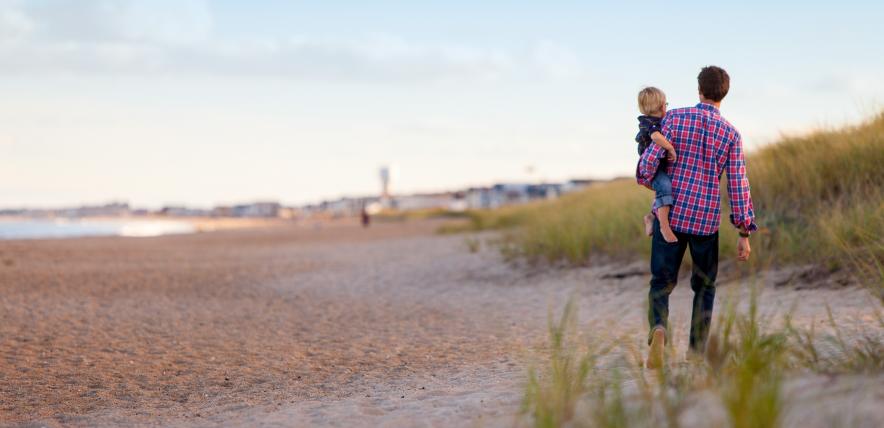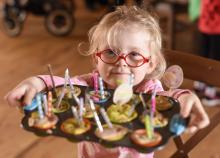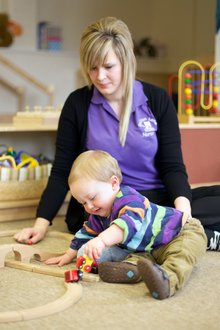It’s that time of year when many of us venture forth, away from home, in search of fun and adventure. But holidays, or even day trips with young children are very different to the kind of trips you had when you were young, free and single. The key to a successful family break is in understanding that ‘different’ does not mean worse. With a bit of forward planning, a family holiday can be a fantastic experience for adults and children alike, creating memories that you will all cherish for years to come.
Revise your understanding of ‘a holiday’
Now that you have a child, there will be very little lying on a sun lounger with a book and a cocktail. If this is what you’re expecting of your holiday, then you will probably be disappointed, so it’s best to think carefully about the positives of holidaying with a young family rather than focussing on what you CAN’T do. The chance to visit new places, do different things and try new foods is a valuable learning experience for young children, broadening their horizons and encouraging their sense of adventure. For parents and carers, it’s a chance to spend real quality time with your young child, away from the stresses and pressures of work and home life, and sharing their joy and excitement in all their new experiences.
Create memories
Think about your own childhood holidays – the chances are that your memories of those breaks away from home are some of the strongest and clearest that you have from your youth. A holiday is very different from our usual routine, so the memories that we form while away from home stick in our mind in a much more permanent way. It’s wonderful to think that some of the experiences you are having on your family holiday will form the memories that your child takes with them throughout their future life, and may even influence the things they do with their own children many years from now.
Bend the rules, relax the routine
Try not to cling too hard to a routine while on holiday. Having regular meal times and bedtimes can make life run smoothly when you’re at home, but having the chance to do things differently is one of the things that makes holidays fun and exciting.
If you’re holidaying abroad, people tend to eat later – and stay up later – than in the UK, so why not do as the locals do and work in an afternoon nap for you and your child. It will help avoid everyone getting overtired and creates a break from the hot sun.
Healthy eating is important, but occasional food and drink treats are often one of the things that children remember from family holidays; I can still remember having Fanta and Chupa Chup lollies for the first time on a childhood trip to Spain!
Do a risk assessment on arrival
Have a quick check of your accommodation and the surrounding area when you arrive to spot any potential hazards. Risks include furniture near windows that could be climbed on, knives or sharp objects in low-down drawers, low railings on stairs or balconies – or gaps wide enough for a child to slip through – and open expanses of water.
Plan ahead
Spontaneous, last-minute trips are great when you’re young, free and single, but they don’t work so well when you have small children. This is not to say that you can’t book a holiday at short notice, but it does mean you can’t be quite as laid back as you would be in the past. You need to make sure that your destination is safe for children, that the accommodation doesn’t present any hazards, that the journey is a manageable length for the age of your child, and that the sleeping arrangements work for you and your child. You also need to make sure you have plenty of water, sun screen and snacks, you know where the local health care centre is and that you’ve packed all the essential first aid supplies.
Don’t expect too much
Your child may not be as enthralled by sightseeing as you are, and it’s important to remember that seeing and doing new things, and staying in an unfamiliar place, are all pretty exhausting for a young child. One outing a day, in the morning, with perhaps a nap planned in for after lunch and then a more low key, relaxing activity in the afternoon, will help maintain energy levels and reduce the risk of tears and upset.
Written for the Early Years Alliance by Siobhan Godwood.







